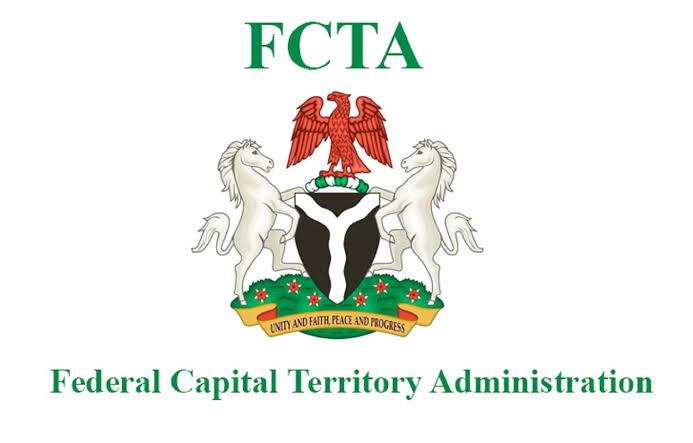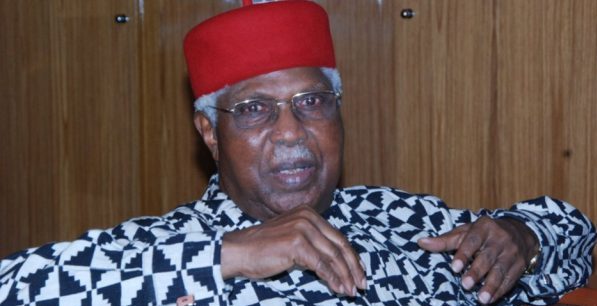No state in Nigeria is exempted from honouring requests for information made under the Freedom of Information law, especially those bordering on public expenditure.
This is because such requests are made in the interest of the public.
The order to that effect was given by the Akure Division of the Court of Appeal in its March 27 decision.
The decision followed a suit by Martins Alo, a journalist, against the Speaker of Ondo State House of Assembly and Auditor-General of Ondo State.
In the suit, the journalist demanded the audited report of Ondo State Government between 2012 and 2014 to properly access how public funds were utilised in the state.
The request was however rejected.
It was in reaction to the rejection that the journalists filed the suit to seek a redress.
Initially, the Akure Division of Ondo State High Court, in 2016 ruled against the journalists, saying that he had no right to demand how the state was spending money.
According to the High Court, the FoI was not applicable to states and the request was not in public interest in any way.
Williams Akintoroye, the judge, said Alo should pay a damage of N10,000 for wasting the precious time and resources of the state.
Unrelenting in his fight, Alo, through his lawyer, Femi Emodamori, appealed the ruling.
The lawyer argued that the judge erred in his judgment and that Alo was acting in public interest.
READ ALSO: 2019: Free, fair elections, panacea for sustainable democracy –CSO
But in its ruling, a three-member panel at the Court of Appeal rejected Mr. Akintoroye’s ruling and agreed with Alo that the FoI was applicable to states and it was in public interest for the state government to release its audited report.
The Court of Appeal judges included Uzo Ndukwe-Anyanwu, Obande Ogbuinya and Ridwan Abdullahi.
Mr. Ndukwe-Anyanwu who wrote the lead opinion said Alo had a right to act on behalf of the public to obtain the information from state authorities.
He also ruled against the N10,000 fine imposed by the lower court.
“In a democratic dispensation, such as Nigeria’s, the citizens have been proclaimed the owners of sovereignty and mandates that place leaders in the saddle,” Mr Ogbuinya also wrote in his opinion.
It would be recalled that some states like Lagos, Ondo, Adamawa, Akwa Ibom and Adamawa had at different times argued that the FoI law did not apply to them.












